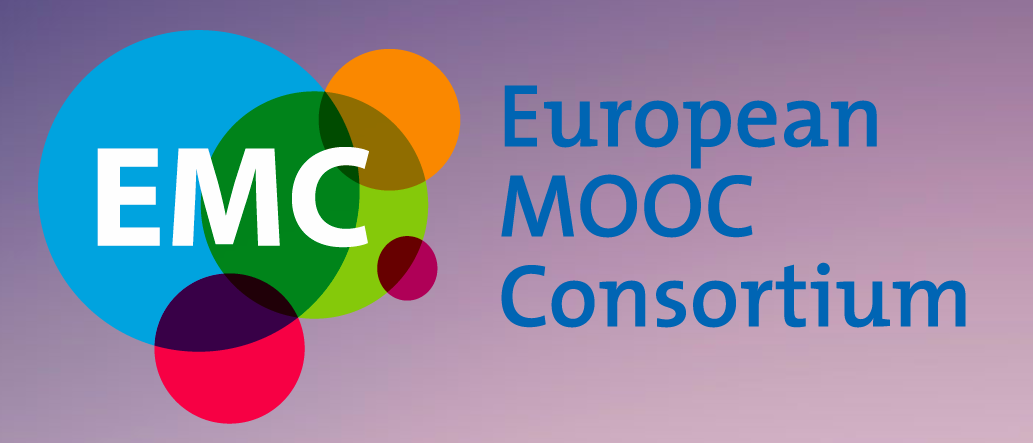
ATR 42 (YJ-AV42), Port Vila, Vanuatu. Photo credit: PhillipC on Flickr CC-BY
Did you know that 2014 is the United Nations International Year of Small Island Developing States? The United Nations is celebrating small island developing states (SIDS), of which there are 32 globally, for their ‘vibrant and distinct cultures, diversity and heritage’ and for their people being ‘at the forefront of efforts to address pressing global issues through ingenuity, innovation and use of traditional knowledge’.
In many of these SIDS innovation and ingenuity has been demonstrated through the collaborative creation of open educational resources (OER) under the aegis of the Virtual University for Small States of the Commonwealth (VUSSC), which features 22 SIDS amongst its 32 participating countries. While its name might suggest that the VUSSC is an institution in itself, this is not the case. Rather, it is a mechanism for small countries to collaboratively develop, adapt and share openly licensed courses and learning materials. I’m investigating the impact of these OER on teaching and learning in the VUSSC member states as part of my OER Research Hub Fellowship, in collaboration with the Commonwealth of Learning’s Education Specialist for VUSSC, John Lesperance.
 The development of the VUSSC began in 2000 and has been co-ordinated by the Commonwealth of Learning, on behalf of Commonwealth Ministers of Education. Since 2005, professional educators from island nations in the Caribbean, Pacific, Mediterranean and the Indian Ocean, as well as small states in Africa, have been gaining skills in the creation of learning materials and in online collaboration using internet communication technologies (ICTs). They have been using those skills to collaboratively develop post-secondary level OER in subject areas that are especially relevant to the needs of people in the participating countries – for example, disaster management, entrepreneurship, life skills and tourism. These OER are freely available to all via the VUSSC website.
The development of the VUSSC began in 2000 and has been co-ordinated by the Commonwealth of Learning, on behalf of Commonwealth Ministers of Education. Since 2005, professional educators from island nations in the Caribbean, Pacific, Mediterranean and the Indian Ocean, as well as small states in Africa, have been gaining skills in the creation of learning materials and in online collaboration using internet communication technologies (ICTs). They have been using those skills to collaboratively develop post-secondary level OER in subject areas that are especially relevant to the needs of people in the participating countries – for example, disaster management, entrepreneurship, life skills and tourism. These OER are freely available to all via the VUSSC website.
Capacity building is a particular focus for the VUSSC, which helps small island states to build the capacity of their educational institutions, supporting the creation of accreditation mechanisms and helping to facilitate small states’ provision of educational programmes for themselves and for others. As a consequence, the VUSSC provides some of the world’s smallest countries with stronger economic opportunities through skilled human resources and improved access to quality education. Small states thus become active contributors to global development and leaders in educational reform through the innovative use of ICTs.
One particularly unique characteristic of the VUSSC is its Transnational Qualifications Framework (TQF), which was launched in April 2010 as a response to the challenges of adapting and offering the OER-based VUSSC developed courses in many countries. The VUSSC is not an accrediting or awarding body and therefore the institutions offering its courses must accredit them locally. The TQF is intended to ensure that all the collaboratively created OER can be adapted into recognised courses that students can take for credit through the recognized institutions of the small states. As such, it acts as a translation point for modules/units and qualifications between countries.
There’s a wealth of additional information about the VUSSC on its website and on the Commonwealth of Learning VUSSC page, and watch this space for the first findings of the VUSSC/OER Research Hub study.
[Reblogged from http://artofoer.wordpress.com/2014/04/08/researching-open-collaboration-in-the-worlds-smallest-states/]




Leave A Comment